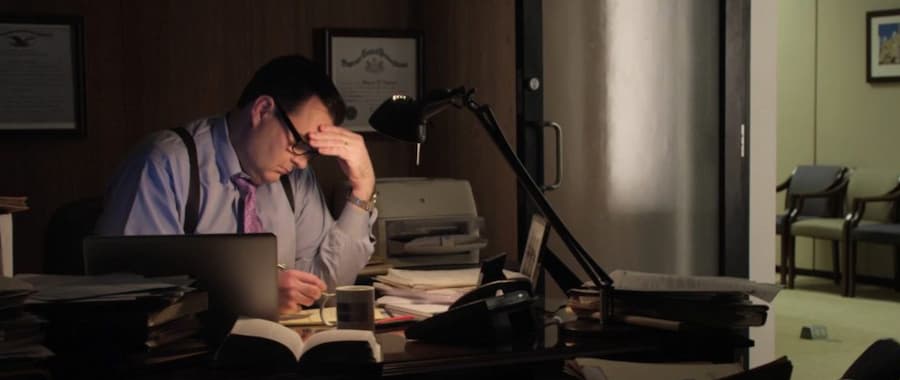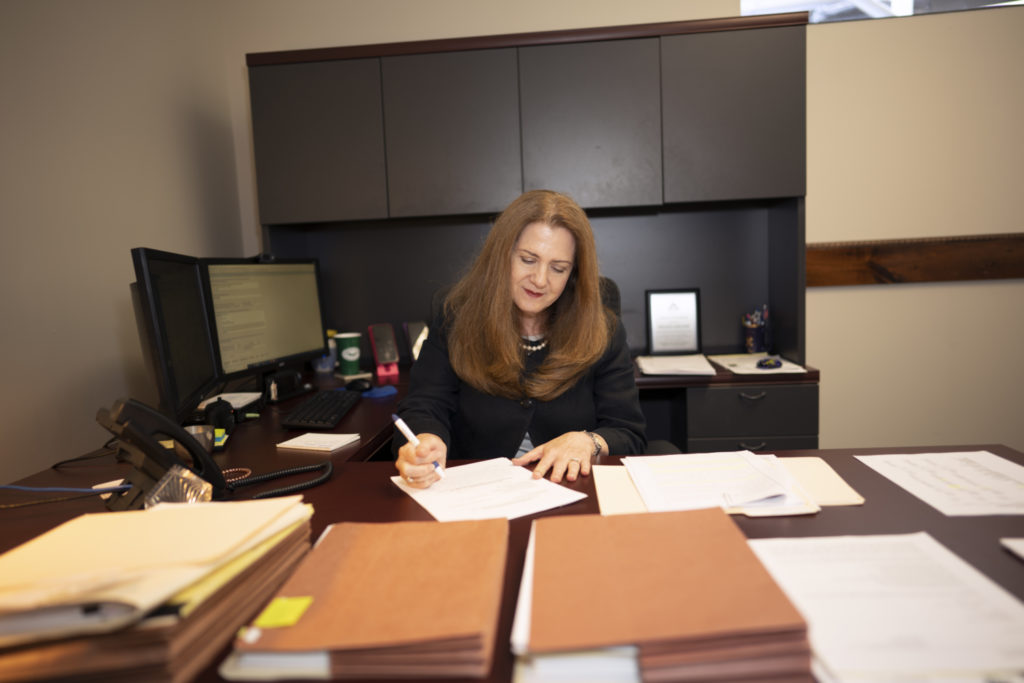What is Strict Liability Law?
How Does Strict Liability Affect My Personal Injury Claim?
There are many personal injury cases that benefit from the strict liability law doctrine, also known as liability law. When the strict liability law doctrine is applicable, victims can seek out a personal injury claim without the emotionally exhausting task of establishing the responsible person(s) or company‘s proof of negligence, intention, or carelessness. Strict liability law only demands the evidence that shows harm or danger was inflicted upon the party seeking compensation, and that the accused committed it.
If you think that you have a personal injury case, or should you have questions about filing your case, contact a personal injury lawyer at Munley Law for a free consultation – we have over 60 years of experience, a successful track record, the resources, the knowledge, and the nationally recognized team to get you the compensation that you are entitled to.
What is Strict Liability in Tort Cases?
Strict liability is defined as “a standard of liability under which a person is legally responsible for the consequences flowing from an activity even in the absence of fault or criminal intent on the part of the defendant.” This type of liability can be present and applicable in both tort and criminal law, and can vary from state to state; however, Pennsylvania is an enforcer of strict liability.
Strict liability torts come into play with civil cases when a person and/or a company impose harm or injury to a victim’s well-being or property intentionally, unintentionally, or due to negligence. With this in mind, there are three common impositions that can implement strict liability torts:
Defective Products (Product Liability)
These are the most common types of strict liability cases. The product may have a defect in design or content. Dangerous household appliances, medications, misleading packaging, and unsafe foods can be the culprits here, and the company manufacturer may be liable. Quality control must be consistent and effective; the product user assumes that the production is intact and operable. The only thing that is required to trigger the strict liability doctrine in these instances is that proof that the product caused injury or harm. The dealer, wholesaler, and/or manufacturing company may be held liable.
These cases tend to be more involved and require that the plaintiff have three criteria present for successful execution:
- During inception and manufacturing, or shipment, the product had a substantial defect that was sold to the victim, resulting in injury.
- Plaintiff (victim) used the product as it is intended to be used.
- There is no indication that alterations were made by the plaintiff, prior to use, resulting in injury.
There are many different product types that can fall into the product liability realm, including:
- Defective airbags
- Contaminated bacteria in food such as baby formula
- Drugs with side effects that are not mentioned on warning labels
- Toys with choking hazards
- Dangerous side effects from surgical devices that are inserted as movement aids, but that malfunction and break
Uncommon Harmful Actions
Scenarios such as these are unpredictable and abnormally dangerous, causing injury and possibly death. Scenarios such these are unavoidable, involve extreme levels of heightened danger, and these scenarios cannot be deterred, even if precaution is taken by the victim. Some examples are: improperly transporting or use of chemicals and/or combustible materials, improper disposal of toxic wastes, storing or using explosives, and improper demolitions. Qualifications that are deemed “dangerous” will vary between courts.
Animal Attacks
Although pet owners may practice all of the measures to keep their pets in control, proof of an out-of-control pet is the only thing that needs to be proven in a dog bite case. Victims’ injuries are the evidence, and the owner is liable for the animal’s actions.
In all of these instances, there is an assumed trust, control, and safety in each scenario: products are designed and delivered as intended; pets are trained and managed by their owners so that they can co-exist in shared spaces; hazardous products are cared for and managed appropriately. When and if things go astray, injury and harm can become heightened and present, prompting strict liability to be applicable.
What is Strict Liability in Criminal Cases?
There are particular criminal offenses where the strict liability doctrine can be applicable, dissolving the need to consider the accused offenders’ mental state(s), or if the crime was intended. Evidence of the crime occurring is all that is to be established to exercise the strict liability doctrine. Proof that it actually occurred is the only need. The most common of criminal law offenses and strict liability are:
- Statutory rape — Regardless of whether or not the person at fault knew that the victim was a minor or not, the adult at fault is guilty.
- Traffic offenses — Speeding, violating signage, and causing harm and damage to others.
- Selling alcohol to a minor — Regardless of whether or not the retailer or salesperson truly established that the buyer was of age, and regardless of whether or not the buyer was deceptive, they are liable.
Criminal law cases that are found guilty of strict liability violate the law outright. The variable present is whether there was intention, negligence, ignorance, or disregard. However, this variable is not a factor when implementing strict liability. Experienced liability lawyers can help victims recover compensation for injuries and damages in these cases.
How Do Liable Parties Dodge the Strict Liability Offense For Product Liability Cases?
Experienced product liability lawyers have the resources, skills, and experience to summon key witnesses, should the situation afford them to do so. However, if it is determined that the plaintiff is not completely the victim, they may still receive a percentage of their proposed claim, regarded as partial compensation. This may be put into practice, depending on the comparative negligence rules in your state.
Accused parties may claim:
- The plaintiff improperly handled and used the product
- The plaintiff persisted on using the product, after acknowledging the product was faulty
- The product usefulness is greater than the risk
- Another person or environmental factor caused the integrity of the product to be compromised
To have a successful personal injury claim, the following needs to be shown:
- You must have endured an injury
- Prove that your injury was the result of the actions or the products sold by the defendant
- If strict liability is applicable, and the defendant’s actions caused your injuries, fault does not have to be shown when making your claims.
Our personal injury lawyers at Munley Law Personal Injury Attorneys have a national reputation for obtaining justice on behalf of their injured clients. With over 60 years of experience in civil cases that call upon strict liability, we have your back. Our board-certified civil trial advocates have consistently earned rankings among the Best Lawyers in America. Both Daniel Munley and Marion Munley have received Lawyer of the Year honors by Best Lawyers for their work in product liability law.
Call Munley Law and leave the work to us. If you or your loved one find yourself questioning your options for a personal injury case, contact us today for a free consultation.

Marion Munley
Marion Munley has been practicing personal injury law for nearly 40 years. She is triple board-certified by the National Board of Trial Advocacy for Truck Accident Law, Civil Trial Law, and Civil Practice Advocacy. She currently serves as Vice President of the American Association for Justice, an organization dedicated to safeguarding victims’ rights. Marion has won many multimillion-dollar recoveries for her clients, including one of the largest trucking accident settlements in history. She has been named a Top 10 Super Lawyer in Pennsylvania since 2023, a Best Lawyer in America, and was recently inducted to the Lawdragon Hall of Fame.
Posted in Personal Injury.
Tagged Benefit Claim Damages Defendant Fault Liability Negligence Parties Plaintiff Product Liability Strict Liability











